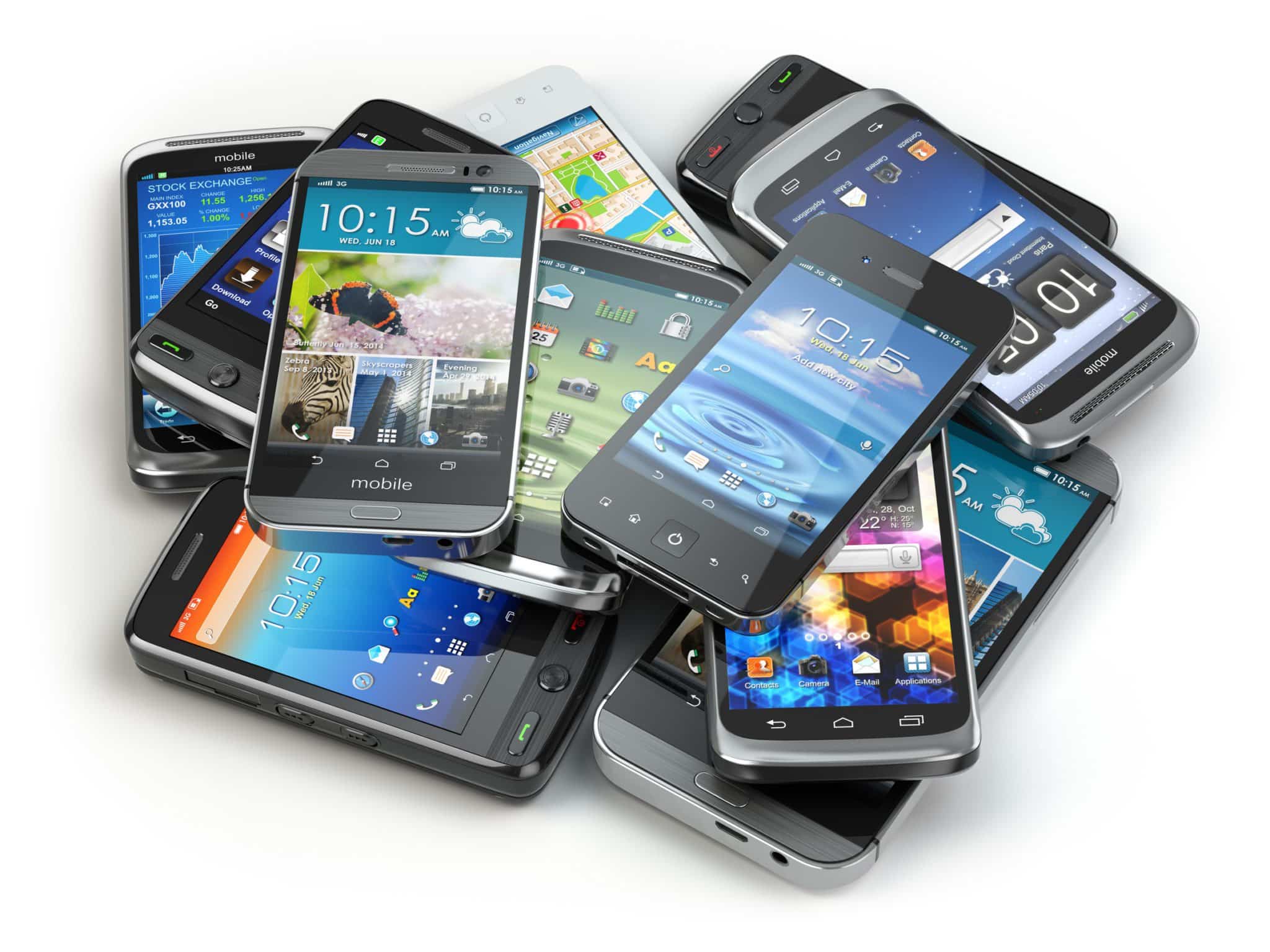Cell phones are a fixture of modern life. In fact, you would be hard-pressed to find someone who doesn’t have a cell or smart phone – or who doesn’t want one. It’s a popular industry, making it a target for those looking to commit crimes of cell phone trafficking.
On August 11, 101 people were indicted for a litany of crimes connected with cell phone trafficking. They were charged with conspiracy to interfere with interstate commerce, conspiracy to transport stolen property across state lines, wire fraud conspiracy, mail fraud conspiracy, and other serious crimes.
Is this your first time hearing about the charges related to cell phone trafficking?
You’re not alone. It’s important to understand the law so that you don’t find yourself conspiring to break it. If you do break it, you could end up in federal prison as a result. Here’s what you need to know to avoid such an outcome.
Cell Phone Trafficking: What Is It?
The concept of cell phone trafficking may be new to you, but federal and state authorities have battled it for a long time.
Cell phone trafficking is basically when a group of people or a company – located anywhere in the country or the world – steals subsidies or other financial incentives from U.S. wireless carriers. They buy low-cost phones, then hack them and put the stolen software on the phone so it can be used on that wireless network.
These illegitimate phones are sold to consumers to put money in the pocket of the traffickers.
How Does It All Work?
How do cell phone traffickers commit these crimes?
First, they get a group of people, called “runners”, to buy prepaid phones in bulk—or simply outright steal them. They steal both name-brand and off-brand phones.
Legitimate prepaid phone dealers limit how many phones can be bought at once for this reason. Thus, the runners often go from store to store to purchases these phones to sell to middlemen. In many cases, robbery, identity theft, burglary, or other fraudulent or illegal activities are perpetrated in order to get enough phones.
Next, the middlemen buy the phones from the runners and unlock or reflash them to sell. This is done by hacking into the proprietary software on the phone that allows it to be used on networks around the world.
The final step: customers buy the counterfeit item. They usually have no idea that they are purchasing a trafficked cell phone. The phone may look new, but, down the road, users find that these phones don’t work like they should. Plus, they do not carry warranties.
What’s the Big Deal?
Cell phone trafficking encourages other crimes to be committed, from robbery and burglary to stealing someone’s identity. The government doesn’t like this type of trafficking because, aside from being illegal, it is oftens used to fund other illegal or dangerous activities, like organized crime or even terrorism.
Just like with the 101 people mentioned at the beginning, who were accused of a variety of crimes, cell phone trafficking can put you in great legal jeopardy.
Even if no crime is actually committed, conspiring with others to commit crimes related to cell phone trafficking has consequences. You can be sent to prison and pay fines that match penalties as if the crime had been committed. So, make sure that if you’re dealing with cell phones, you’re doing it legally.





